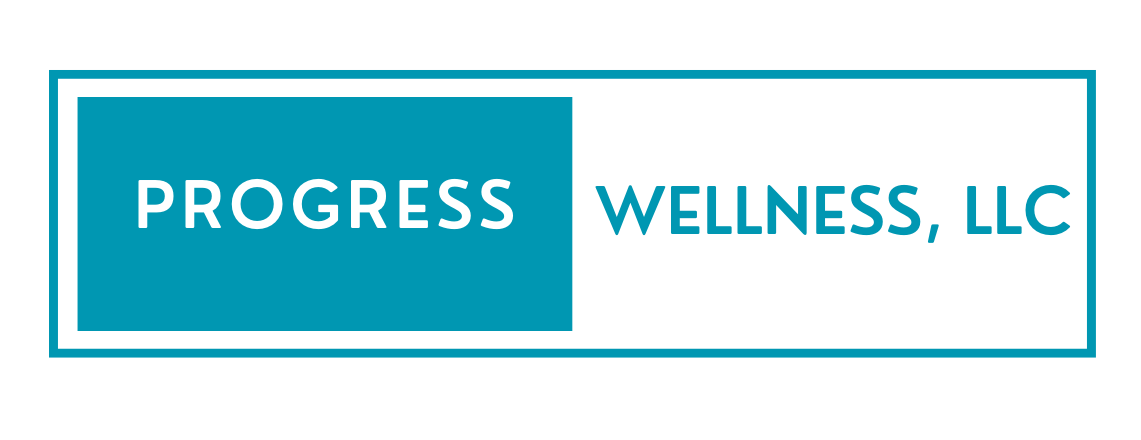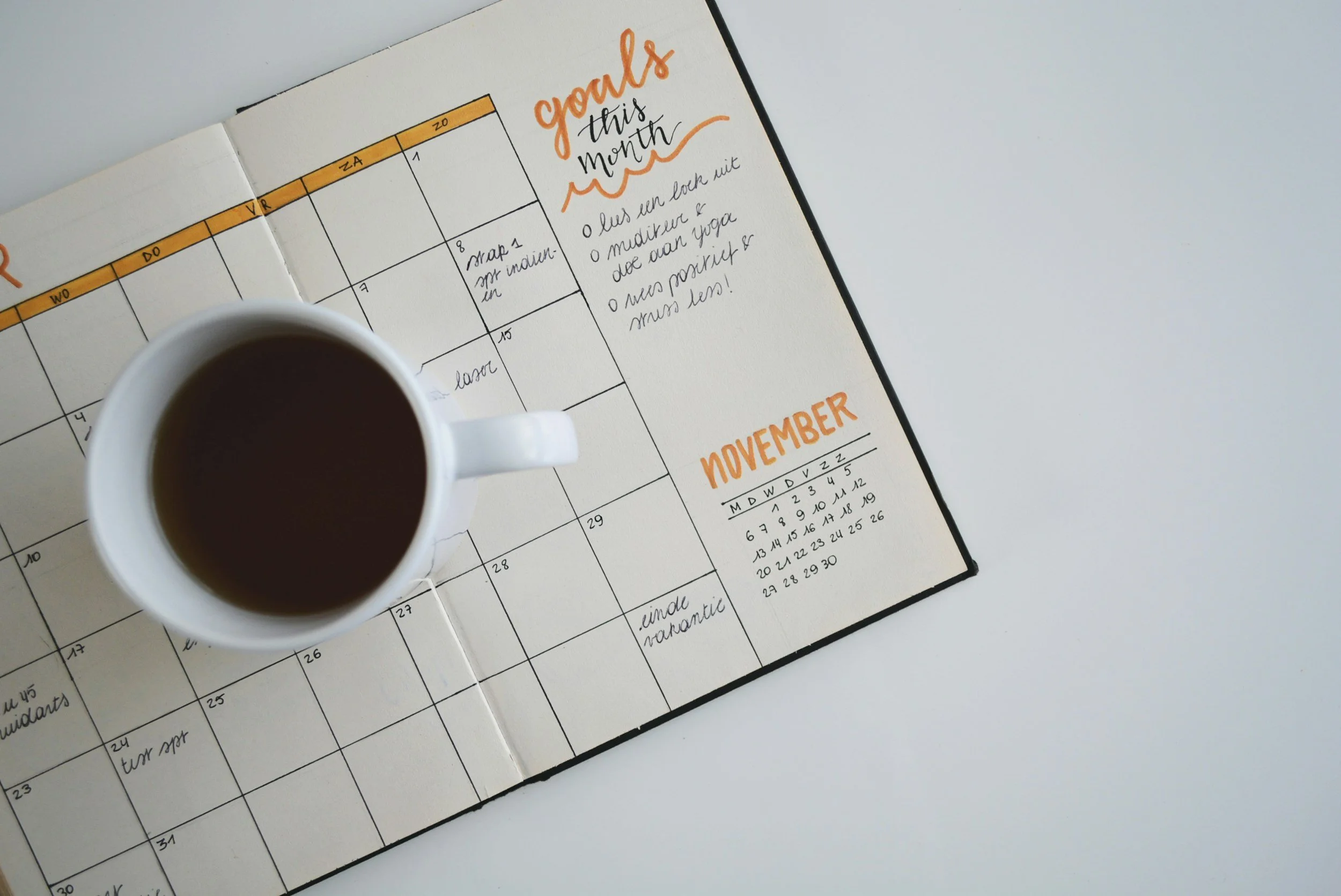It's normal to feel mentally dull sometimes, and it can be frustrating, especially when you want to get things done or enjoy your social interactions. However, before you lose all hope, know that brain fog is very common and most often reversible. Once you understand what's causing your "brain fog," you'll be able to take action and clear the haze.
How To Get Back To Functional Living
Getting back to your living is something that a lot of people want to do to have a more fulfilling life. It allows you to manage your daily activities better and maintain independence. But if you've had a mental health struggle or physical illness, how can you actually get back to a place where you can take control of your life again?
A Year in Reflection
I can imagine many of you are waiting eagerly to ditch 2020 to the curb and welcome 2021, hoping for less drama and way more stability. If you are, I’m with you: Yes, please!
But before we say goodbye to a year that was loaded with difficulties, I think it’s important to do a bit of reflection.
Reflection is a very helpful skill because it allows you to see where you were, how far you’ve come, and where you’re looking to go next. It creates a moment to pause and acknowledge your emotional growth.
Here are some questions you can ask yourself to help jump-start your reflection:
What skills have you learned this year?
What helped you manage the stressors you faced?
What were the stressful moments you predicted, and which moments caught you off guard?
How did you get through those moments?
What skills were helpful for you?
What did you learn about yourself?
Knowing what you know now, would you do anything differently?
Taking some time to reflect on these questions allows you to see all the work you’ve done. When we are flying by the seat of our pants and just trying to get by, we don’t usually think of pulling over and acknowledging how strong, resilient, and courageous we are. Reflecting can help notice your successes as well as help you grow from your mistakes. We all learn by doing, so knowing where you thrived and where you could have done better can only build your confidence for next time.
When I’m faced with challenges, I tend to think about something my dad used to say to me when I was in college and my emotions were flying high. He’d say “Angie, with every problem there is an opportunity for growth.” I found this very calming: Knowing that, even if stuff was hitting the fan, I’d at least learn something about myself and emotionally grow from it helped keep me grounded. Now I know why. It’s because being able to reflect creates opportunities to acknowledge growth.
2020 certainly laid the challenges on thick, and maybe you think you’d rather not revisit all that. But before the New Year, I encourage you to reflect and write down your successes and what coping strategies helped you.
Having this data will give you a moment to celebrate and also help you move through future challenges with more ease. You’ll know what strategies helped you, and you’ll have the knowledge that, even when faced with challenges, you had successes.
And as my holiday gift to you, I’ve put all my stress management products on sale until December 31! Just use the code Holiday2020 at checkout to receive 20% off your order. Here’s to the last month of 2020!
As always, I am sending good energy your way.
Three Strategies to Declutter Your Mind
Here we are with summer in full swing, a time that used to be about vacations and enjoying a nice, quiet pause. But right now, those options are not really available, and many of us are struggling with that. That’s partly because built-in summer breaks are usually a good opportunity to declutter our minds from stress.
Without a much-needed break, you might be feeling more stressed and notice your mind more cluttered with worry and to-do lists. And you’re right, that’s probably at least partly because you don’t have that weekend getaway, a planned staycation, or kids going to camp on the schedule.
So how do you quiet your mind and refocus when the schedule you thought you’d have changed, or when the break you anticipated gets kicked further down the road, leaving you feeling stranded? We have to find other ways to declutter our minds.
Here are three skills you can try today to work on getting some brain space back!
Declutter your physical space. Start by checking your work or living space. If your physical environment is cluttered, it can lead to mental clutter. When we start to feel overwhelmed or distracted, when our minds are stuffed to the brim, our physical space can start to represent how we are feeling.
The inside of our car might look like a teenager’s room, or our workspace might be overcrowded with paper and leftover coffee mugs. When our minds are cluttered, we often feel like we don’t have much bandwidth to take care of our environment. But taking care of that environment can often help us take care of our minds.
This isn’t to say you need to have a spotless house or office to make this strategy work for you. Try cleaning up or organizing your workspace or that one room in your house that’s your “mindful zone” or “Zen space.” See how that makes you feel.
Practice journaling. This skill can take as little as two minutes, and it can make a huge difference. Think of your journal as a place where you just fill pages with your thoughts, worries, and mental lists. When we carry our thoughts with us in our minds alone, it rarely helps us process or organize what we are thinking about or decide how to prioritize what’s most important.
Everything just ends up being a jumbled mess internally, creating more stress and more clutter in our thoughts and emotions. Writing things down not only creates space in our brains, but it also allows us to tangibly see what we are thinking and gives us an opportunity to organize, prioritize, and problem-solve.
Take one thing at a time. When we’re overwhelmed, sometimes we quickly jump from task to task in an effort to get everything done at once, but then we end up feeling like we’ve gotten nowhere with anything. I often think about a conveyor belt for this strategy. There might be many things on the conveyor belt, but you can only pick up one thing at a time.
Multitasking can be helpful at times, but when you are trying to declutter your mind, taking on many tasks at once only adds to the clutter. Write down (journal!) what’s on your conveyor belt, organize and prioritize, and tackle one thing at a time. You will notice your mind feeling more free!
I hope you find these strategies helpful.




